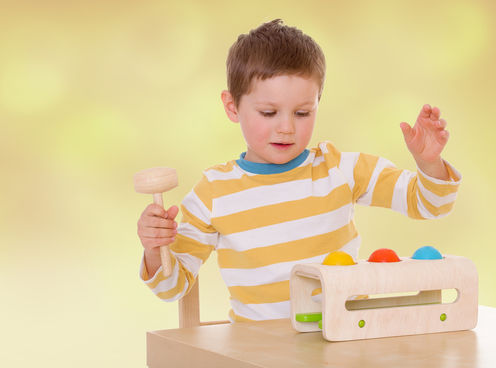Some people think children are innately selfish, they want to get goodies for themselves, while others insist they are more communist, each will do more to help those who can't or won't do enough. By studying how children engage in different types of exchanges, researchers hope to discern the origins of these behaviors, as well as their developmental course.
The study included 195 children ages 5-10 and 60 adults helping a giver distribute stickers to friends. They distributed stickers equally between friends when offers were the same, but unequally when different offers were made.

There were times when the participants distributed more stickers to the friends offering more money, which meant children—as they aged—were willing to abandon equal norms for distribution. More specifically, older children distributed more stickers to friends who paid more even when the other friend wanted to pay but couldn’t.
“These findings are especially interesting in light of young children’s limited exposure to market/economic instruction,” said Dr. Margaret Echelbarger, who obtained her Ph.D. from the University of Michigan. “We show that, from a young age, children are developing an understanding of the ‘rules’ of market exchanges.”
Echelbarger and colleagues also found that children are sensitive to the reasons underlying the different offers. Children penalize recipients refusing to pay more than recipients willing but unable to pay, she said.





Comments